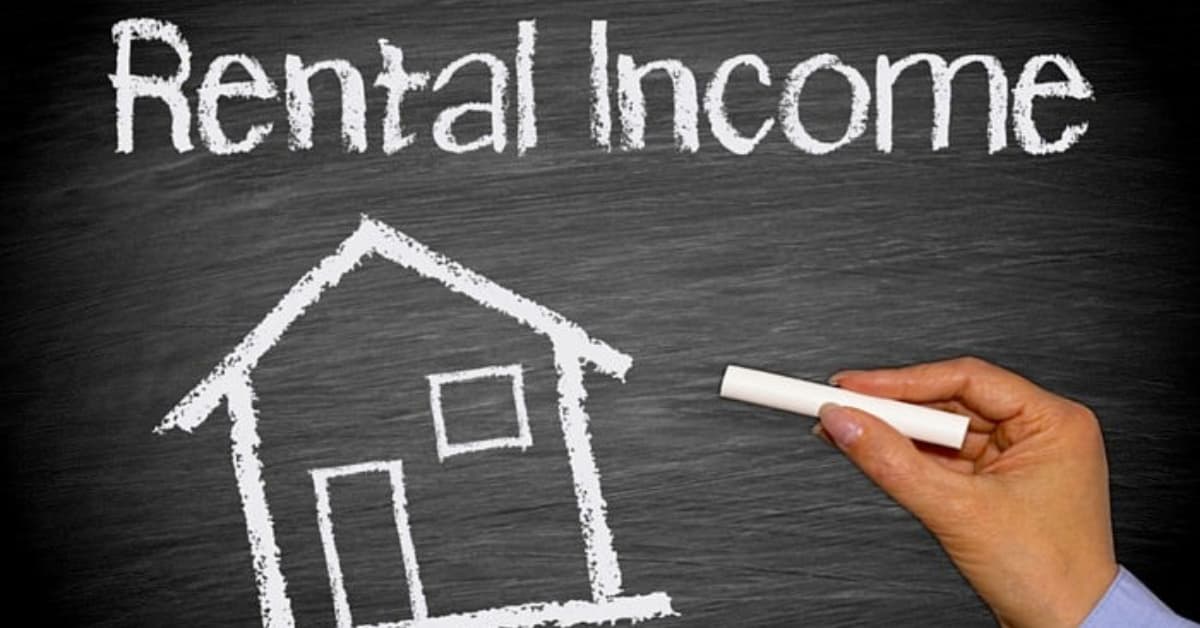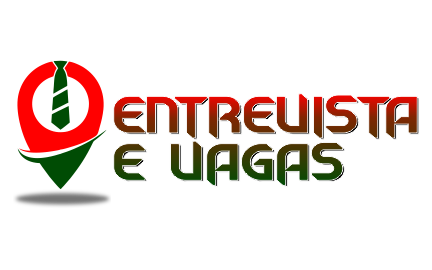Welcome to “Rental Property Mastery: Maximizing Rental Income and ROI”
Unlock the full potential of your rental with expert Property Management tips to boost income and ROI. Rental Property Mastery.
Property Management plays a crucial role in the success of any rental business. From finding reliable tenants to maintaining the property, understanding the intricacies of property management is essential for long-term rental success. In this article, we will explore the core responsibilities of a property manager and delve into the critical skills you need to excel in this role.
But it doesn’t stop there. Effective tenant management and lease strategies are also vital components of property management. We will provide you with valuable insights into finding high-quality tenants, crafting strong lease agreements, and reducing vacancies and turnover. By mastering these aspects, you can ensure a steady rental income stream and maintain a positive cash flow.
Now, let’s turn our attention to boosting your rental income and ROI. We’ll discuss pricing strategies that attract tenants while maximizing your profits, as well as smart property upgrades and renovations that can significantly increase your property’s value. Additionally, we’ll explore the power of value-adding amenities that can set your property apart and command higher rental rates.

Key Takeaways about Rental Property Mastery
- Mastering property management is crucial for maximizing rental income and ROI.
- Understanding the responsibilities of a property manager is essential for successful rental management.
- Effective tenant management and lease strategies can ensure steady rental income and minimize turnover.
- Strategic pricing, property upgrades, and value-adding amenities can significantly boost rental income.
- By implementing the strategies discussed, you can achieve rental success and maximize your investment’s potential.
Understanding Property Management
Before diving into specific strategies, it’s important to have a clear understanding of property management. As a landlord, your primary goal is to ensure the success of your rental property and maximize your rental income and return on investment. Property management encompasses a range of responsibilities, from tenant acquisition and screening to maintenance and financial management.
Let’s explore the key responsibilities of a property manager:
- Tenant Acquisition: Finding reliable and responsible tenants is crucial for a successful rental business. Effective marketing, screening, and thorough background checks are essential to ensure you attract tenants who will pay rent on time and take care of your property.
- Lease Management: Creating strong lease agreements is vital to protect your interests as a landlord. This involves setting clear terms and conditions, outlining tenant responsibilities, and establishing rent payment guidelines.
- Maintenance and Repairs: Maintaining your property’s condition is key to attracting and retaining tenants. Regular inspections, addressing repair requests promptly, and ensuring safety and comfort are crucial responsibilities of a property manager.
- Financial Management: Proper financial management is essential for a profitable rental business. This includes rent collection, budgeting for property expenses, keeping accurate records, and handling taxes and insurance.
Now, let’s take a look at some essential landlord skills that contribute to successful property management:
- Communication: Effective communication skills are vital when dealing with tenants, contractors, and other stakeholders. Clear and proactive communication helps to build positive relationships and address any issues promptly.
- Organization: Being organized and detail-oriented is crucial for handling multiple properties and various tasks. Keeping track of lease agreements, maintenance schedules, and financial records is essential for smooth property management.
- Problem-Solving: Property management often involves dealing with unexpected challenges. The ability to think critically, find creative solutions, and make effective decisions is essential for resolving issues and ensuring tenant satisfaction.
- Negotiation: Negotiating rental terms, handling disputes, and dealing with vendors and contractors require strong negotiation skills. Being fair and assertive while protecting your interests is key to successful property management.
- Legal Knowledge: Understanding the legal aspects of rental property management is crucial to avoid legal issues and protect yourself as a landlord. Familiarize yourself with local laws and regulations regarding rental agreements, tenant rights, and eviction processes.
By developing these essential skills and understanding the responsibilities of a property manager, you’ll be better equipped to achieve rental success and maximize your rental income and ROI.
Rental Property Mastery: Tenant Management and Lease Strategies
One of the crucial aspects of property management is effectively managing tenants and lease agreements. A well-managed tenant base can greatly contribute to the success of your rental property. By implementing strategic tenant management and lease strategies, you can ensure a harmonious landlord-tenant relationship while maximizing your rental income and minimizing vacancies and turnover.
Finding and Screening Reliable Tenants
Finding reliable tenants is the first step towards successful tenant management. Implementing a thorough screening process helps to identify tenants who are likely to pay rent on time, take care of the property, and adhere to the terms of the lease agreement. Some strategies to consider include:
- Conducting thorough background and credit checks
- Verifying employment and income
- Contacting previous landlords for references
Rental Property Mastery: Establishing Strong Lease Agreements
Strong lease agreements lay the foundation for a successful landlord-tenant relationship. By including clear terms and conditions, you can protect your rights as a landlord and ensure that both parties understand their responsibilities. Key elements to consider in lease agreements may include:
- Rental price and payment terms
- Lease duration and renewal options
- Prohibited activities and maintenance responsibilities
- Security deposit and pet policies
Minimizing Vacancies and Turnover
Minimizing vacancies and turnover is crucial for maximizing rental income and reducing expenses. Implementing strategies to encourage lease renewal and reduce tenant turnover can help achieve this goal. Some effective strategies to consider are:
- Promptly addressing maintenance issues
- Providing exceptional customer service
- Offering incentives for lease renewals
Remember, tenant management and lease strategies play a pivotal role in the success of your rental property. By finding and screening reliable tenants, establishing strong lease agreements, and minimizing vacancies and turnover, you can ensure a profitable and sustainable rental property.
“Implementing strategic tenant management and lease strategies ensures a harmonious landlord-tenant relationship while maximizing rental income.”
| Tenant Management Strategies | Benefits |
|---|---|
| Finding reliable tenants through thorough screening | – Reduces the risk of late payments and property damage – Increases overall tenant satisfaction and retention |
| Establishing strong lease agreements with clear terms | – Protects landlord rights and responsibilities – Minimizes conflicts and legal disputes |
| Implementing strategies to minimize vacancies and turnover | – Maximizes rental income and ROI – Reduces expenses related to turnover and marketing |
Rental Property Mastery: Boosting Rental Income and ROI
Now that you have a solid foundation in property management, it’s time to explore various tactics to boost your rental income and overall return on investment. By implementing effective strategies, you can maximize your potential as a landlord and increase your rental profits.
Pricing Strategies
One of the key factors in maximizing rental income is setting the right price for your property. Conduct thorough market research to understand the rental rates in your area and determine a competitive yet profitable price point. Consider factors such as location, amenities, and demand to position your property effectively in the market. Regularly reassess and adjust your rental rates to stay competitive and ensure you’re getting the most out of your investment.
Rental Property Mastery: Property Upgrades and Renovations
Investing in property upgrades and renovations can significantly increase the rental value of your property. Consider making cosmetic improvements such as fresh paint, updated fixtures, and modern appliances to attract potential tenants. Additionally, focus on functional upgrades such as HVAC systems, energy-efficient features, and smart home technology to enhance the overall appeal of your property. These improvements not only command higher rents but also attract quality tenants who are willing to pay a premium for a well-maintained and modern property.
Value-Adding Amenities
By offering value-adding amenities, you can differentiate your property from others in the market and justify higher rental rates. Consider adding amenities such as a fitness center, swimming pool, communal spaces, or even pet-friendly facilities. These amenities can cater to the lifestyle needs of your target tenant demographic and create an attractive living environment. Highlight these amenities in your property listings and marketing materials to attract high-quality tenants who are willing to pay more for the added convenience and luxury.
“Investing in property upgrades and offering value-adding amenities can justify higher rental rates and attract high-quality tenants.”
Implementing these strategies can help increase your rental income and boost your return on investment. While the initial costs of upgrades and amenities may seem daunting, the long-term benefits of attracting quality tenants and commanding higher rents far outweigh the expenses.
Rental Property Mastery: Data-driven Comparative Analysis
| Strategy | Benefits |
|---|---|
| Pricing Strategies | Maximize rental income and attract tenants |
| Property Upgrades and Renovations | Increase rental value and modernize property |
| Value-Adding Amenities | Justify higher rents and attract quality tenants |
By analyzing data on rental income and expenses, you can track the effectiveness of these strategies and make informed decisions to optimize your rental property performance. Regularly monitor market trends, tenant feedback, and property metrics to fine-tune your rental strategies and ensure long-term success.
Remember, mastering rental strategies is an ongoing process. Stay proactive, adapt to market changes, and continuously seek ways to improve your property to maximize your rental income and ROI.
Conclusion about Rental Property Mastery
In conclusion, mastering the art of property management is essential for unlocking the full potential of your rental property. By implementing the proven strategies and tips shared in this article, you’ll be equipped with the knowledge and skills to maximize your rental income, ROI, and overall rental success.
Effective property management involves a deep understanding of landlord skills, lease agreements, and tenant management. By focusing on these critical aspects, you can ensure a steady stream of reliable tenants, minimize vacancies, and establish strong lease agreements that protect your interests as a landlord.

Remember, ongoing education and staying up-to-date with industry best practices are key to maintaining success in property management. Stay tuned for more expert advice and tips on property management to further enhance your skills and achieve even greater rental success.
FAQ
What are some important property management tips for maximizing rental income?
Some important property management tips for maximizing rental income include setting competitive rental prices, keeping expenses in check, maintaining and upgrading the property regularly, screening tenants thoroughly, and ensuring effective communication with tenants.
Rental Property Mastery: What are the key responsibilities of a property manager?
The key responsibilities of a property manager include marketing and advertising rental properties, screening and selecting tenants, dealing with tenant complaints and maintenance issues, collecting rent, enforcing lease agreements, and maintaining financial records.
How can I attract and retain reliable tenants?
To attract and retain reliable tenants, you can have a thorough tenant screening process, maintain the property in good condition, respond promptly to maintenance requests, provide excellent customer service, and build a positive and professional landlord-tenant relationship.
Rental Property Mastery: What should I include in a comprehensive lease agreement?
A comprehensive lease agreement should include details like the names of the parties involved, the rental term and payment terms, rules and regulations, maintenance responsibilities, security deposit information, and any additional terms or provisions related to the specific property.
How can I increase my rental income and ROI?
There are several ways to increase rental income and ROI, including regularly reviewing and adjusting rental rates, making property upgrades and renovations to attract higher-paying tenants, offering value-added amenities, implementing cost-saving strategies, and minimizing vacancies and turnover through effective tenant management.

